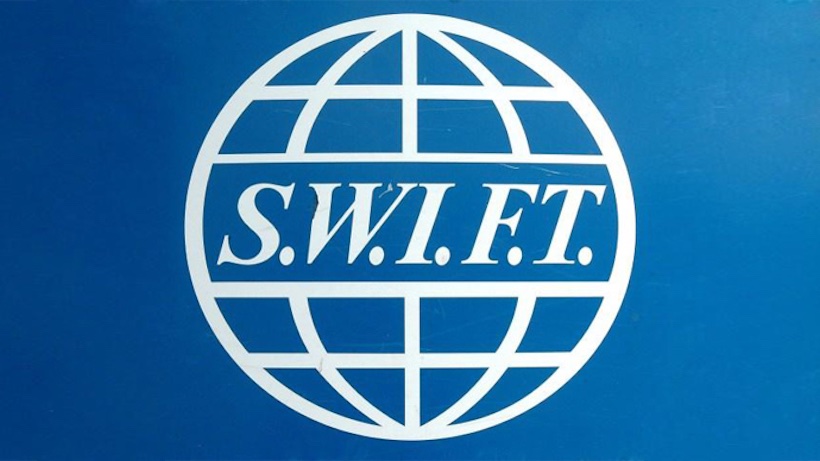SWIFT: Electronic payment systems for large payments have developed as the demands for international settlement of currency and securities transactions have increased. Society for Worldwide Interbank Financial Telecommunication known as SWIFT, currently dominates the field of inter-bank messaging but, is increasingly facing competition from other networks. SWIFT was set-up in 1973 and is based in Brussels. Its member banks, a consortium of more than 2,200 banks own it.
SWIFT provides electronic payment services to around 4,300 financial institutions worldwide and presently processes around 500 million payment messages a year. Shares in SWIFT are based on the volume of message traffic. SWIFT has been criticised for relying on hub and spoke communications technology, which was originally conceived in the 1970s. Although the SWIFT system enjoys worldwide acceptance it is dependent on the same heritage of correspondent banks, which form the basis for all low-value cross-border transfers.
Must Read
Quick Links
Origin :
SWIFT was started with the mission of creating a shared worldwide data processing and communications link and a common language for international financial transactions. SWIFT makes sure that the financial institutions that will use the messages are heavily involved in the development process to ensure effectiveness and practicality.
Services Provided by SWIFT :
SWIFT provides messaging services to banks, broker/dealers and investment managers, as well as to market infrastructures in payments, treasury, securities and trade. These services help customers reduce costs, improve automation and manage risk.
Organisation :
SWIFT is a co-operative society under Belgian law and is owned and controlled by its members. It is has a Board of up to 25 Directors who are responsible for overseeing and governing the company. The Board oversees the Executive, a team of full-time employees headed by a Chief Executive Officer. The Executive is responsible for the preparation, integrity and objectivity of the consolidated financial statements and other information presented in the Annual Report.
Objectives of SWIFT System:
The basic objectives of SWIFT are :
- i) To Provide Processing and Communication Services : Work in partnership with its members to provide low-cost, competitive financial processing and communication services of the highest security and reliability.
- ii) Automation of Transaction Process : Contribute significantly to the commercial success of its members through greater automation of the end-to-end financial transaction process, based on its leading expertise in message processing and financial standards setting.
- iii) Capitalisation on Position : Capitalise on its position as an international open forum for the world’s financial institutions to address industry-level threats, issues and opportunities.
- iv) Employment of People : Employ and recruit the best people, invest in the most beneficial resources and become a leading global organisation respected for its professionalism, effectiveness, vision and management.
Emphasis on Security and Reliability :
Rules defining responsibility and liability are written, operational practices put in place. Fundamental principles behind SWIFT are established at an early stage. Because SWIFT’s shareholders represent a broad international base, best practices from several countries have influenced the Company’s governance. The Board has seven committees with delegated decision powers-Audit and Finance, Banking and Payments, Compensation, ‘E’, Securities, Standards, Technology and Production.
Operations of SWIFT in India :
SWIFT User Group is formed in India with the Chairman IBA as the Chair person and the Chief General Manager-in-Charge, Department of Information Technology, Reserve Bank of India as the Alternate Chairperson. Currently there are 92 institutions comprising banks, brokers and dealers, central depositories and clearing organisations, who are the user members of SWIFT in India :
| Members | 48 |
| Sub-Members | 36 |
| Broker(s) and Dealer(s) | 1 |
| Central Depositories and Clearing | 1 |
| Non-Shareholding Banks | 5 |
| Representative Office(s) | 1 |
| Total | 92 |
Recommended Articles

